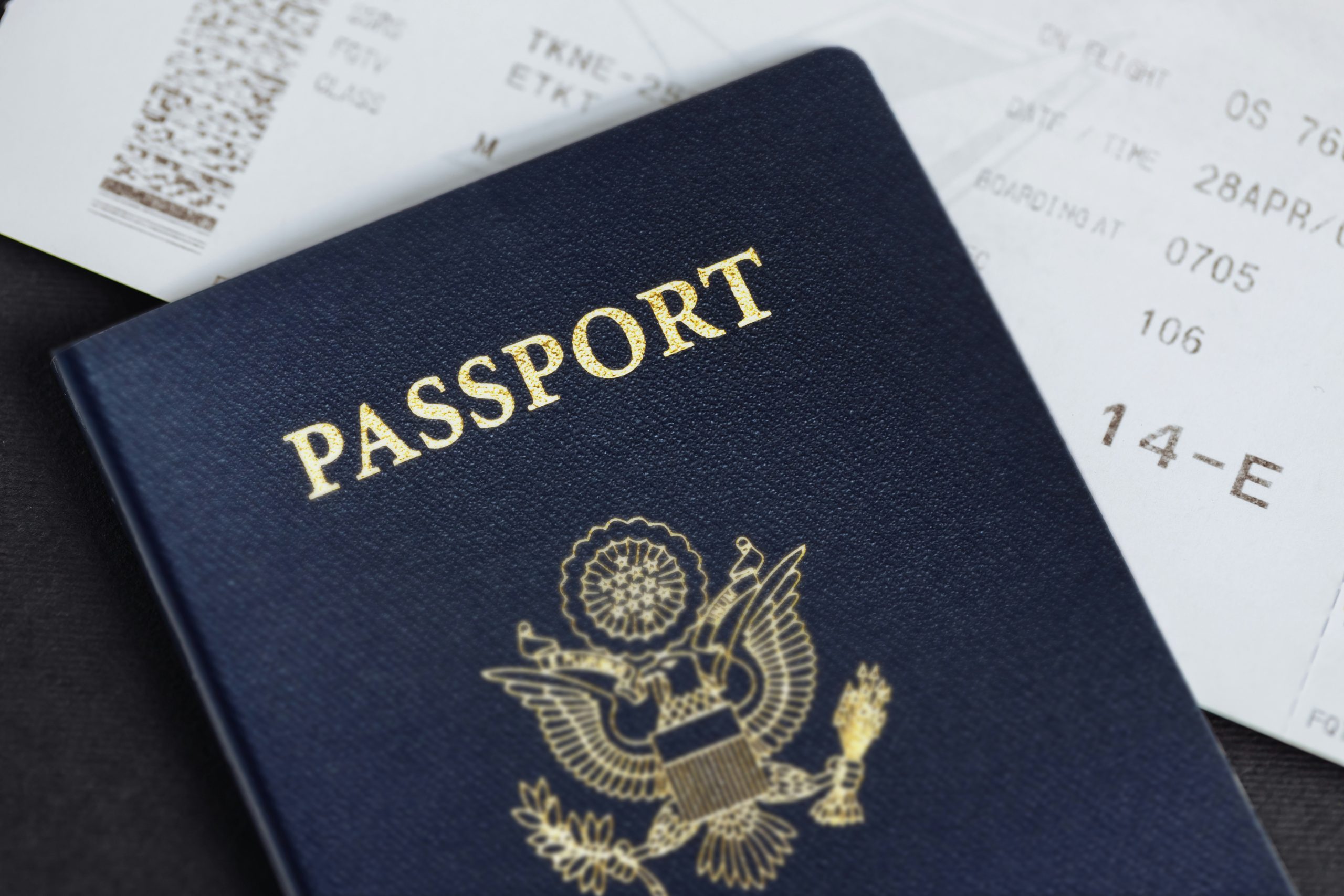A Korean American adoptee’s experience of being denied a passport due to a loophole in adoption law has sparked widespread debate.
Citizenship Loophole Revealed After Passport Denial
NPR recently reported on the case of a Korean American adoptee, identified only as A, whose American adoptive parents never filed for his citizenship after adoption. A was adopted from Korea at just three weeks old and raised in the United States.

For decades, A never questioned his U.S. citizenship status. However, when he recently applied for a passport, he learned that he had never been naturalized. According to NPR, A, now in his 40s, realized this legal gap only during the application process, despite having lived without legal issues for many years.
His adoptive parents mistakenly believed that citizenship was automatically granted through adoption, leaving A without citizenship. Under the Trump administration, immigration enforcement tightened, leading A to live in fear of possible deportation.
Wider Impact on Korean American Adoptees
After sharing his story, A discovered that many others were in similar situations.
NPR noted that it is difficult to determine exactly how many Korean American adoptees lack citizenship. Many individuals only realize their status when applying for a passport, obtaining a Real ID, or facing criminal convictions.
Experts attribute the problem to the separation between adoption and naturalization processes, as well as divided responsibilities between federal and state laws. While adoption is managed by state governments, citizenship matters fall under federal jurisdiction.
Federal Recognition and Legislative Efforts
The federal government acknowledged the issue through the Child Citizenship Act of 2000, granting automatic citizenship to some adoptees. However, those who were over 18 years old or who entered on different visas were excluded.
Consequently, adoptees not covered by the act remain unable to receive federal benefits, passports, or Real IDs. Without a Real ID, even domestic air travel is restricted.
Fortunately, A married a U.S. citizen in 2022, making him eligible to apply for permanent residency. However, he has not received the adoption-related documents needed to begin the process. Currently, he cannot legally prove his immigration status.
NPR emphasized that obtaining adoption documents is a complex and time-consuming process, requiring court approval due to the sensitive nature of birth information.
Ongoing Challenges for Korean American Adoptees
Until A secures his documents, he remains unable to apply for a Real ID, preventing him from boarding domestic flights.
Amanda Jo, spokesperson for the adoptee rights group Adoptees for Justice, warned, “If an adoptee is deported, they often end up isolated in a country where they don’t speak the language or have any social support. Some become homeless or suffer mental health crises.”
The Truth and Reconciliation Commission in Korea officially recognized in 2023 that illegal and lax procedures were involved in past overseas adoptions. It recommended that the Korean government actively support adoptees facing citizenship issues.
Meanwhile, a bill aiming to eliminate the age limit of the Child Citizenship Act and grant citizenship to all adoptees has been reintroduced in Congress. However, it remains stalled amid complex political challenges surrounding immigration reform.
BY BRIAN CHOI [ichoi@koreadaily.com]




